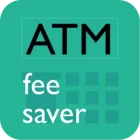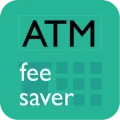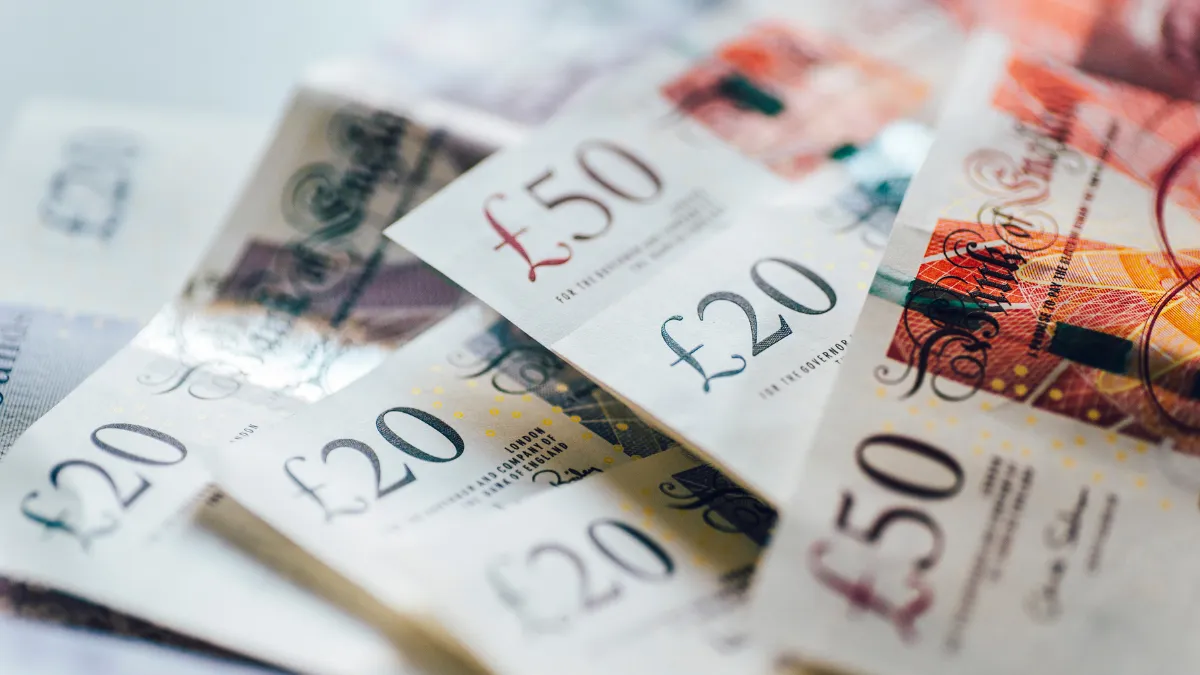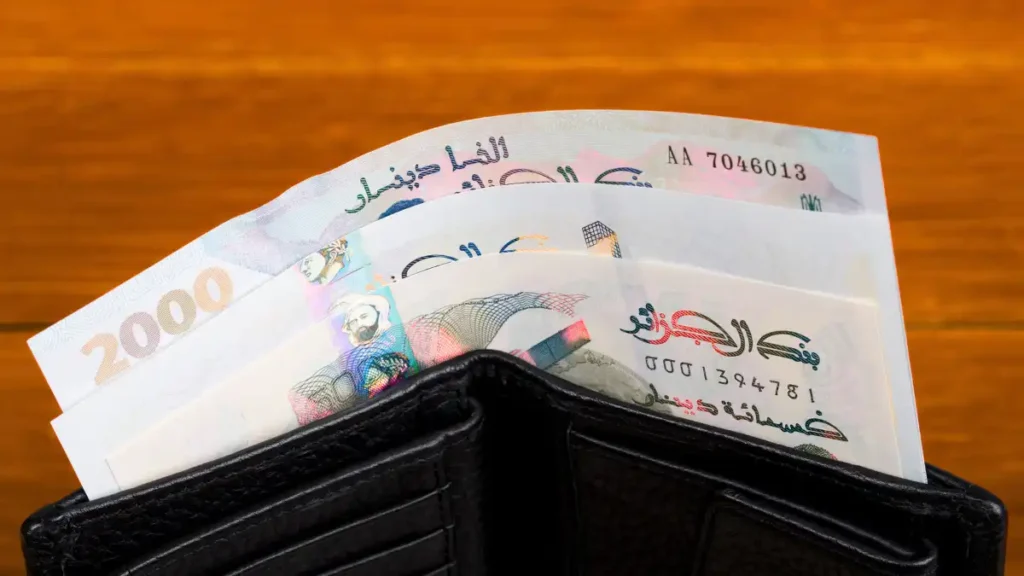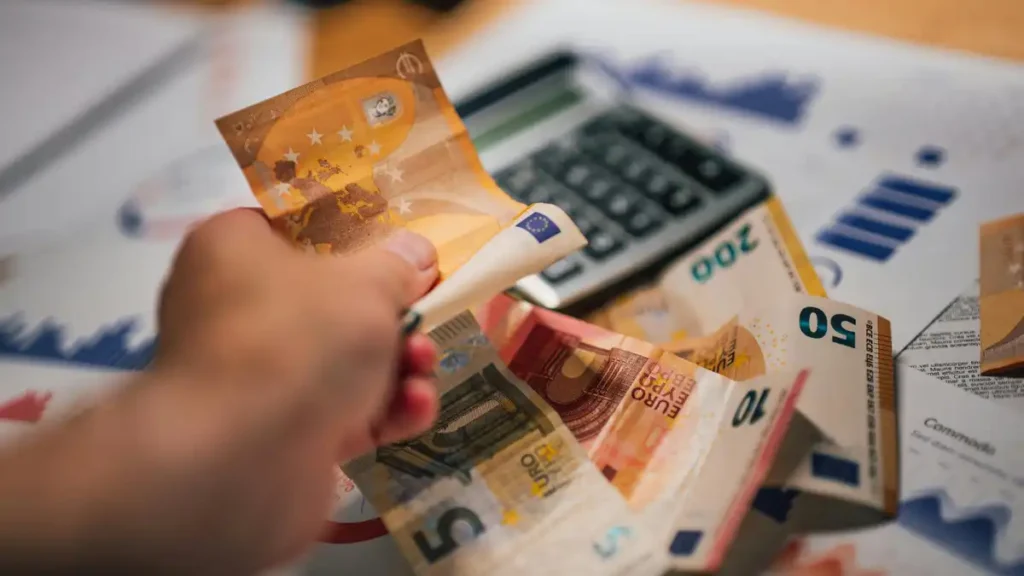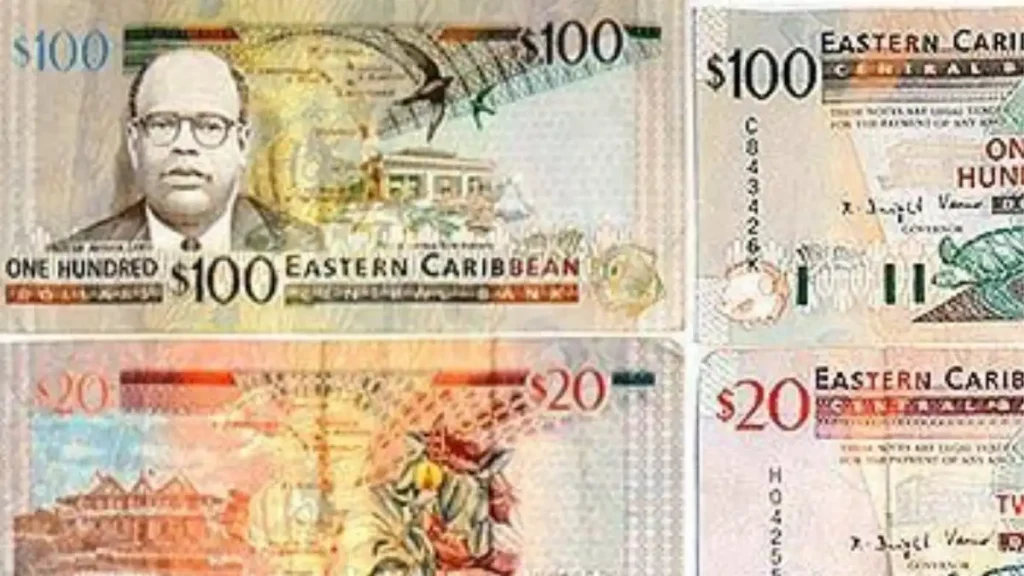Whether you’re shopping in London, visiting castles in Scotland, or riding the Tube, handling currency in the UK wisely can save you time and money. Money in the UK-especially British Pounds (GBP)-is widely accepted in both cash and card form, but there are nuances worth knowing. This guide will walk you through the best ways to get Pounds, tips on using cards and cash, exchange advice, ATM withdrawal tips, and essential dos and don’ts to help you avoid hidden charges and enjoy a smooth British travel experience.
How to pay in UK – cash or card?
Card works everywhere in the UK. 70 to 80% of expenses made by tourists don’t involve cash.
You can use cash for:
- Budget hotels (some independent B&Bs)
- Hostels (small independents, rural areas)
- Local tour operators (in markets or street booths)
- Tips and gratuities (pubs, taxis, hotel staff)
- Street food (markets, trucks, festivals)
- Small eateries / restaurants (local cafés)
- Small purchases
- Local expenses at markets, charity shops, newsagents
- Laundry services (coin-operated)
- Mobile SIM and phone top-up (at corner shops)
- Nightlife / bars (especially local pubs)
You can use card for:
- 4 and 5 star hotels
- Hostels (most in cities)
- Large tour operators
- Shopping at malls and high streets
- Entry fees to museums, historical sites, galleries
- Local buses (tap-and-go with contactless cards)
- Local taxis / App based taxis (London black cabs, Uber)
- Local trains (Oyster, contactless, or card)
- Airport transport (Heathrow Express, Gatwick, Stansted, etc.)
- Sit-down restaurants
- Upscale restaurants
- Online bookings for upscale hotels, flights, tours
- Spas
- Tailoring services (city-based services)
- Vehicle renting
- Emergency medical clinics / pharmacies
The UK is one of the most card-friendly countries globally. But keep some cash for small purchases, tipping, or offbeat places.
What’s the best currency to take to UK?
Britain uses its own currency, the British Pound (GBP or £). The most common amounts are £5, £10, £20, and £50. Usually, you can’t pay with other currencies.
So, British Pound Sterling is the best currency to take to UK.
Where to get the local currency in UK?
In UK, you can get the local currency in 3 ways. These are:
ATMs, or
Currency exchange
Money transfer and local pick-up
Types of cards to swipe in UK
Visa and Mastercard transactions are commonly accepted for swiping. You might also find some places that accept Amex and other cards, albeit less frequently.
Types of cards at ATMs in UK
When withdrawing money in the UK, majority of the ATMs will accept Visa, Mastercard, Cirrus, Plus, Maestro cards. Some of them may accept Amex cards but this is not common so don’t rely on it. Cards such as JCB, UnionPay, Diners, and Rupay are not usually accepted by many ATMs.
Should I exchange money before travelling to UK?
It’s a good idea to bring a small amount of British Pounds (GBP) before your trip for initial expenses like transport, tips, or small purchases. GBP is not always available in all countries and exchange rates outside the UK may not be the most favorable.
That said, withdrawing GBP from ATMs upon arrival in the UK is easy and often offers competitive rates. ATMs are widely available at airports, train stations, and throughout cities. Most machines accept Visa, Mastercard, Maestro, Cirrus, and Plus cards. Check with your home bank about foreign withdrawal fees and daily limits.
Currency exchange desks are available at airports and in city centers, but rates at airport kiosks and hotels tend to be poorer. For better rates, consider high-street options like Post Office, Marks & Spencer, or Travelex branches in central London. Prepaid travel cards and app-based options (like Revolut, Wise, or Monzo) are increasingly popular and offer good rates for spending and withdrawals.
Cards are widely accepted across the UK-even in taxis and small shops-so you can rely on contactless payments for most purchases. However, carrying some cash is still helpful, especially for small businesses or areas with limited connectivity.
Where to withdraw money in UK
The best ATMs for foreigners to use in the UK are those owned by popular banks such as:
- HSBC,
- Lloyds Bank,
- Natwest,
- Nationwide,
- TSB Bank, and
- Barclays.
For a detailed guide, read Cash and ATMs in UK.
Discover fee-free and low-fee ATMs on the ATM Fee Saver mobile app for iOS and Android. This app provides ATM PINs and details of leading bank ATMs such as ATM fees and withdrawal limits for foreign cardholders at ATMs in UK. Moreover, its simple fee calculator helps you determine exact withdrawal charges. You can also find cash tips and tricks on the app for 160+ countries including UK.
Download now from the App Store or Play Store.
Where to exchange currency in UK
In UK, you can exchange currency at authorised currency exchanges, banks, airports, and hotels, the most popular being authorised currency exchanges.
Currency exchange in the UK is efficient and widely available.
- Notable currency exchanges are:
Travelex – Found at Heathrow, Gatwick, Stansted, and major train stations. Very convenient, though often with less favorable rates.
Eurochange – Locations across high streets, shopping centers, and stations.
No1 Currency – Offers online reservations and airport pickup.
Post Office – Offers currency exchange services in branches across the UK, often with good rates and zero commission.
Exchange offices are common in London (Oxford Street, Leicester Square), Manchester (Arndale), Edinburgh, and other urban areas.
- Banks Offering Currency Exchange:
Most UK banks like Barclays, HSBC, NatWest, Santander, and Lloyds offer currency exchange, but usually only to account holders and often at less favorable rates than dedicated money changers.
💡 Tip: It’s best to compare online rates and reserve ahead where possible. Use debit cards or ATMs for competitive exchange rates, but check your bank’s foreign transaction and ATM fees.
Pro-tips:
Avoid Airport exchange centres
No to black market trades or expect to be scammed
Notes shouldn’t be dirty or broken
Is carrying money in UK safe?
When you’re in the UK, it’s fine to carry cash. Don’t do the following, keep your cash safe while travelling in the UK:
Some safety tips for carrying cash while travelling in UK are:
- Carry only the cash you need.
- Do not keep all the cash in one pocket or wallet.
- Put some cash in a safety belt or fanny pack.
- Do not flash your cash.
- When paying, do not remove or display your entire cash.
- Keep wallets preferably in front pockets.
- Cross-wear your purses if possible.
- Hold your purses, wallets and bags close and tight on crowded streets and in public trains and buses.
- When withdrawing cash, keep the cash low while you count it so people around don’t see it.
- If you’re dining alone, don’t leave your wallet / bag unattented while you go to the restroom.
- If sitting outdoors in a restaurant, don’t leave your wallets / bags on the table.
Is it better to use debit or credit cards or pay by cash in UK
Use a card if it is fee-free i.e. your bank does not charge any fees to swipe the card, when the merchant / POS also does not impose any extra charge to use a card, you need to use the insurance of the card, don’t want to block cash of large purchases and card’s swipe fees are lower than withdrawal fees.
Pay by cash by withdrawing cash from ATM or exchanging currency where – fees on ATM withdrawals are lesser than fees on swiping cards, you don’t want to leave any digital footprint of your expenses, it is convenient and easier to conduct transactions.
